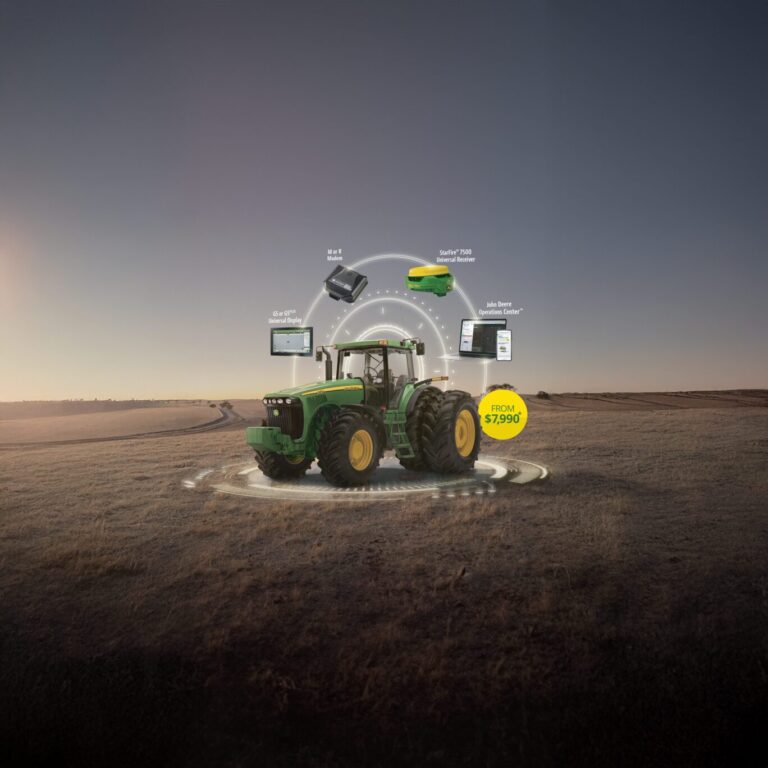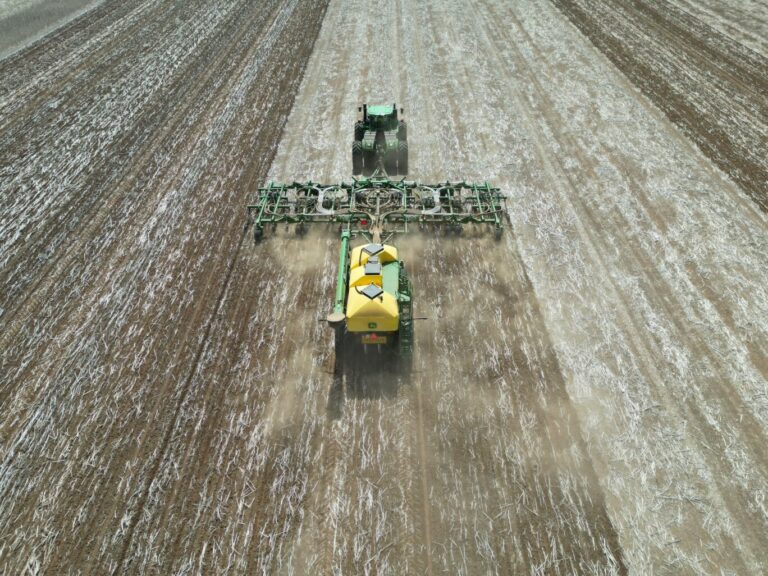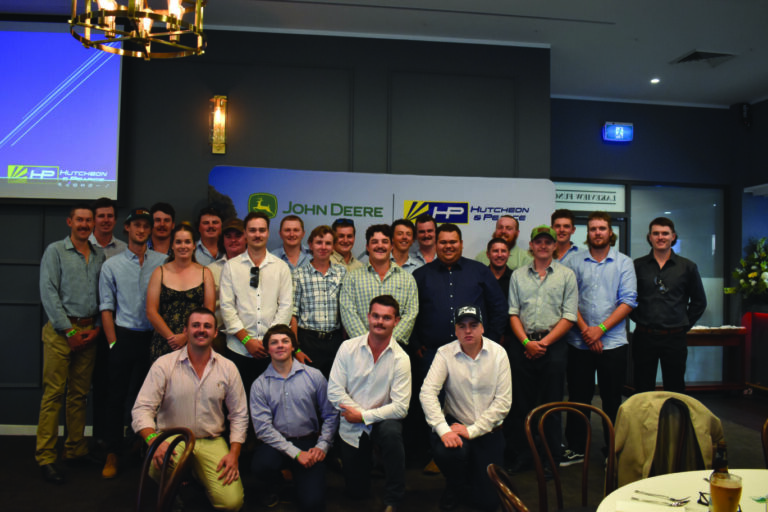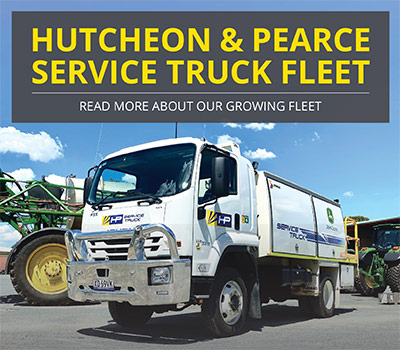Subscribe To Our Weekly Newsletter
Categories
The future is
electric
John Deere has announced an autonomous battery-powered electric tractor will be tested in Australian conditions and is set to launch here in 2026. But what does ‘electrification’ mean for ag machines?

The journey towards battery-powered electric agricultural machinery is a significant stepchange in crop production. John Deere’s Australia and New Zealand Production System Manager Steph Gersekowski says there’s plenty of benefits in this new technology.
H&P: Can you tell us about the move to electrification? How long has John Deere been working on this?
We’re seeing customer appetite for low and no carbon alternatives to diesel technology continue to grow, particularly as our larger and corporate customers set their own sustainability targets. As a result, Deere has prioritised our investment and development in battery electric technology to ensure we can meet our customer requirements.
The strategy also aligns closely with our own company sustainability targets. We’ve been developing this technology for many years, and a testament to this is our highly successful TE gators which have been available to Australian customers for well over 15 years. In addition, we’re working with innovators and industry to accelerate our ability to deliver fully battery electric products to the market. A great example is our majority ownership of battery technology company Kreisel, and the launch of this machine globally by 2026.
H&P: How would you describe this shift, not only for John Deere but for the industry as a whole?
As the demand for diesel alternatives grow, it will create a monumental shift not only for manufacturers, but for the entire agriculture sector. When we announced this project at Hort Connections last year, I compared our plans for an autonomous battery electric tractor to that of our transition in 1918 from horse drawn plows to our first tractors, the John Deere Tractor and Waterloo Boy.
H&P: What are the benefits of electrification to producers and to the environment?
Electrification will support lower CO2e emissions, and lower total cost of ownership for customers over the lifecycle of their machine. Battery electric technology reduces machine complexity while improving uptime – which means less maintenance costs (parts, servicing etc.) and greater productivity. The simplicity of the machine also supports easier and more intuitive operation, which is particularly valuable when sourcing skilled labour is a challenge. There’s also benefits in terms of noise reduction – which will support customers operating machinery around livestock.
H&P: Why is the tractor being aimed at high-value crop production/horticulture?
We believe horticulture is ready for a technological leap, plus they are already setting their own sustainability targets. Additionally, the machine requirements (horsepower, job applications) and farm infrastructure within horticulture will support the transition to battery electric and provides the greatest initial opportunity to demonstrate productivity improvements.
H&P: In addition to the tractor, are there any other battery electric tech products John Deere is planning to bring to the market?
Our strategy is to deliver a comprehensive solution for customers, not just a battery electric tractor. Our plans also include the batteries and chargers.
H&P: What does the testing process look like here in Australia?
Our plan is to extensively test the tractor in Australia to ensure it can perform in and withstand our unique challenges and conditions. This will include testing and validating electrical infrastructure requirements, connectivity and machine performance. We will also be testing the machine in various other regions across the world.
H&P: How does electrification tie in with the drive towards autonomous tractors? What are the benefits of combining the two?
Electrification will help support autonomy capabilities as all the control systems can be integrated electronically – a far simpler process compared to diesel technology. This will provide the ability to achieve rapid uptake and scaling of autonomy for horticulture customers.
H&P: Are there any old ideas or myths about battery technology that you’d like to see addressed?
Accessibility to battery electric technology used to seem like a far away, idealistic concept, however our goal is to demonstrate that it can be a feasible option for producers who want a viable alternative to diesel technology. There’s sometimes a misconception that performance and uptime may be compromised by transitioning to new technology like this, but we plan on busting this myth.
We also want to reassure our customers that battery electric is not going to completely replace our diesel engines. Rather it will expand our portfolio to support a greater range of customer needs.
For more information about John Deere’s plans for electrification, visit:
www.deere.com/en/our-company/electrification
Articles And Resources From The Hutcheon & Pearce Newsroom

The 101 on Precision Essentials
John Deere’s exciting new Precision Ag model – Precision Essentials-

John Deere Seeding: Smarter Together
Experience precision, productivity and peace of mind with a complete

Celebrating Success: H&P Apprenticeship Graduation
Hutcheon & Pearce celebrate their newest graduates of the High

Cobram Women in Turf Program a Success
An action-packed week at the Cobram Barooga Golf Club saw


